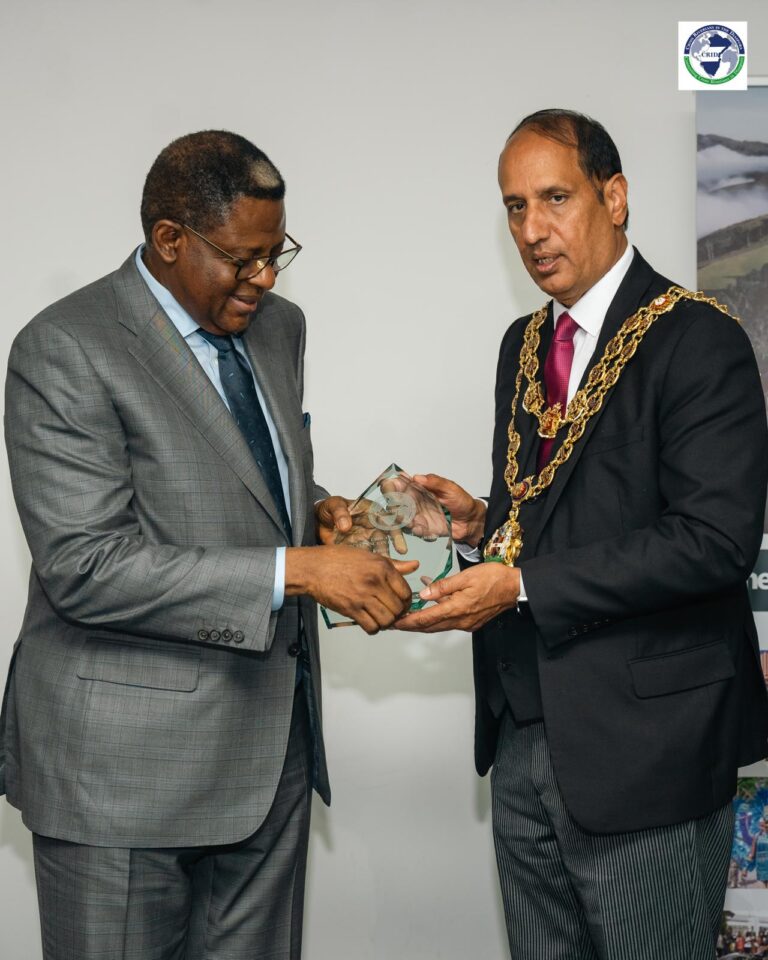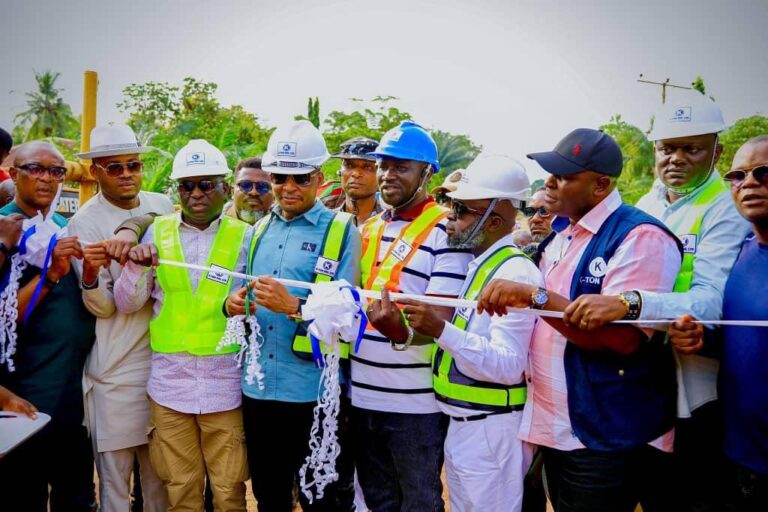**Issue One-Month Ultimatum to Wingson M-House
By Lawrence Mpama

In a decisive move to salvage one of Cross River State’s most strategic agricultural assets, the state government, in collaboration with host communities, security agencies, and the State House of Assembly, has issued a firm one-month ultimatum to Wingson M-House Palm Oil Investment Limited to activate operations and deliver a concrete development roadmap for the long-neglected Ayip Eku Oil Palm Estate.
The 12,400-hectare estate, located in Akamkpa Local Government Area and originally established in the 1970s, was privatized under the 2007 economic reform programme spearheaded by former President Olusegun Obasanjo. Wingson M-House emerged as the preferred bidder, securing 95% ownership of the estate, as confirmed by a March 2025 letter from the Bureau of Public Enterprises (BPE). Despite taking formal control in 2009, the estate has remained undeveloped for over a decade, becoming a source of tension with host communities and a potential haven for criminal activity.
At a critical stakeholders’ meeting convened by the State Ministry of Agriculture on April 15, 2025, at the Metropolitan Hotel in Calabar, a landmark resolution was reached to end the protracted dormancy. A three-point plan was agreed upon, providing a clear path to operationalize the estate and deliver long-overdue benefits to the five contributing communities—Ikot, Abun, Okarara, Ako, and Nundebiji.
Under the new agreement, Wingson M-House is required to take immediate possession of the estate and commence operations within 30 days. In addition, the company must fulfill outstanding Corporate Social Responsibility (CSR) obligations in line with the 2007 Share Sale Agreement. These include the construction of access roads, the provision of electricity, and scholarship opportunities for residents of the host communities. Further, Wingson must submit a phased five-year development blueprint to the state government within 60 days, outlining clear timelines and deliverables for revitalizing the estate.
The resolution comes after more than ten years of disputes and inaccessibility, with community frustrations fueled by unfulfilled promises, lack of jobs, and deteriorating infrastructure. During the meeting, stakeholders rejected a proposed three-month extension by Mr. Moyi Ladoja, Managing Director of Ayip Eku Oil Palm Limited, to prepare an action plan. Instead, they opted for a firm 30-day window to signal seriousness and restore confidence.
Speaking on behalf of the government, Commissioner for Agriculture and Irrigation Development, Hon. Johnson Ebokpo, emphasized that the time for excuses had elapsed. “This is a win-win agreement, but we will no longer tolerate idle assets or exploited communities. The Ayip Eku estate must return to its original purpose—strictly for agriculture—and we are working with the DSS and other security agencies to monitor compliance.”
He further directed that Wingson M-House issue a formal letter of commitment to the Governor of Cross River State, explicitly referencing the date of the stakeholders’ resolution. Copies of the letter are to be circulated to security agencies to ensure a peaceful and enforceable resolution process. While the company remains the legal titleholder, Commissioner Ebokpo issued a stern caution: failure to comply with the timeline could compel the State Assembly to consider legislative intervention to revoke the concession, which the executive arm would have no choice but to implement.
Also speaking at the meeting, the Special Adviser to the Governor on General Duties, Barr. Ekpenyong Akiba, reiterated the administration’s “People First” philosophy, stating that dormant assets will be reactivated to generate economic value and employment opportunities across the state.
Host community representatives expressed mixed emotions—relief at the agreement but insistence on visible action. Youth leader Hon. Adolf Majini declared, “Our youth demand jobs. This deal must deliver tangible results, not more empty talk.” Female community leaders called for deliberate inclusion in both employment and decision-making processes, especially in the areas of local contracting and agribusiness opportunities.
Wingson’s ownership was further reinforced by BPE documentation, which also confirmed that compensation for land and economic trees had been paid to the communities in 2008. The company now faces the test of translating its long-held legal rights into meaningful economic activity for Cross River State.
With clear expectations set and tempers cooled for now, the Ayip Eku Oil Palm Estate stands at a new crossroads—one month to either rise as a symbol of agricultural resurgence or face a renewed wave of political and community backlash.



